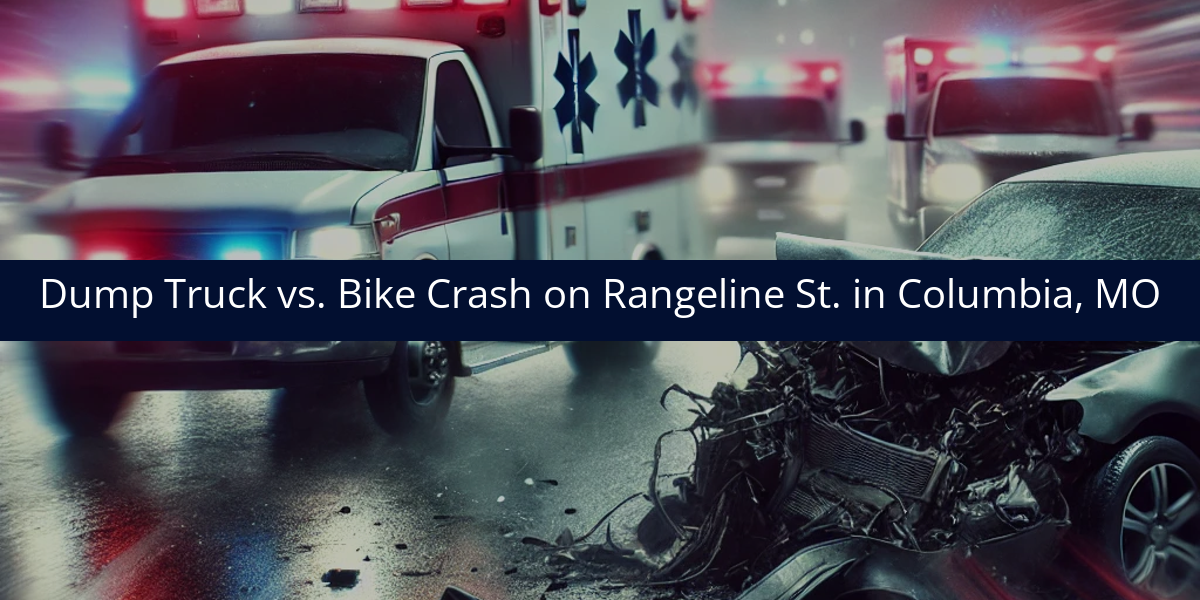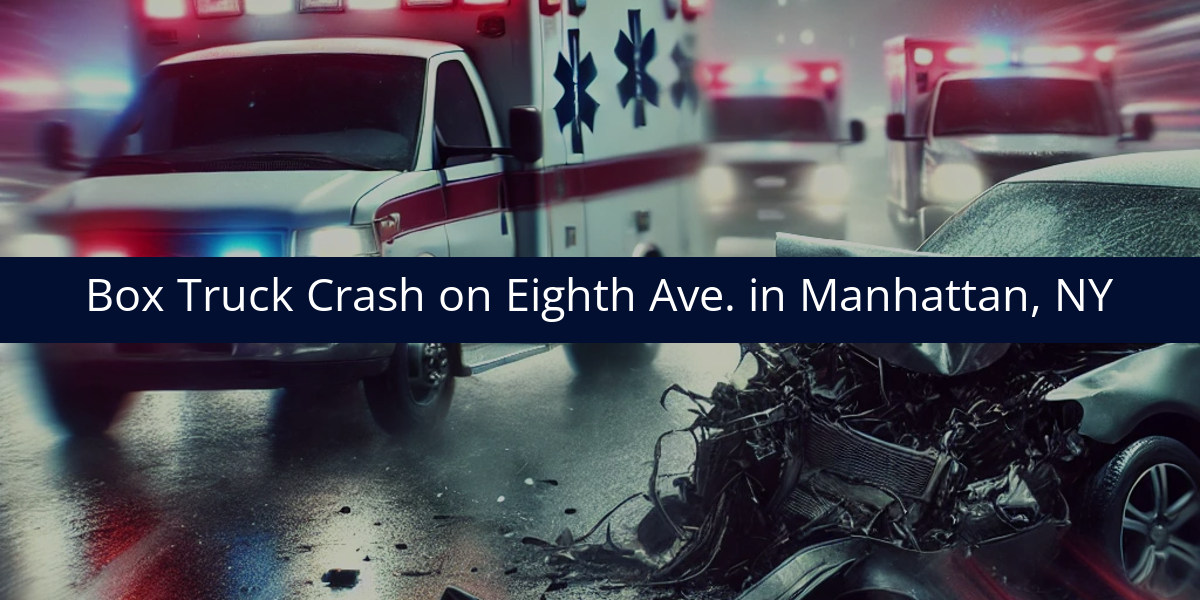Accidents involving farm vehicles like tractors, harvesters, or livestock trailers can lead to complex legal disputes, especially when they happen on public roads or cause serious injuries. Unfortunately, most people don't fully understand all the rules that govern these types of accidents. So, how do lawsuits involving farm vehicles work?
Answer: Accidents involving farm vehicles present unique challenges involving local laws, industry regulation, and technical issues that the typical juror is not aware of. Litigating those accidents requires particular investigative, legal, and trial approaches.
In this article we'll talk more about the challenges mentioned above, as well as the strategies an experienced attorney will use to overcome them for a related lawsuit.
What is Unusual about a Farm Vehicle Accident?
People may not think about accidents with farm equipment as often as they do about other cars or 18-wheelers, but farm vehicle crashes happen a lot in rural areas of Texas. With the abundance of agriculture and livestock traveling around the state, they happen on busy highways and city streets too. But how and why are they treated any differently than other kinds of accidents?
Local Laws
Local laws play a big role in farm vehicle accidents by shaping everything from how farm equipment can be operated on public roads to who may be held liable for a crash. Some places require farm vehicles to have slow-moving vehicle signage or flashing lights, and others may restrict when and where the vehicles can travel. Local traffic laws, zoning ordinances, and even agricultural exemptions can all influence whether a driver was in compliance at the time of an accident. Those rules can impact how fault is considered in a crash, which could heavily influence the outcome of a lawsuit.
Industry Regulation
Industry rules like those from the Department of Transportation or OSHA can affect what happens after a farm vehicle accident. These rules cover things like vehicle maintenance, proper driver training, weight/cargo restrictions, and safe operation. If the farm vehicle or its operator weren't compliant—the tractor had faulty lights or was overloaded, say, or the driver didn’t know what they were doing—that could be grounds to argue negligence on the owner or operator's part.
Technical Issues
It probably goes without saying, but farm vehicles and standard commercial vehicles like semi-trucks don't follow all the same rules. Many requirements for commercial vehicles apply differently to farm equipment, while others just don't apply at all. Here are some examples:
- Insurance: Unlike most vehicles, not all farm equipment requires liability insurance to operate. It needs auto insurance to travel on public roads, but if it never leaves the farm or ranch then it may not need to be insured. The deciding factor is weight: If a farm truck or other equipment weighs less than 48,000 pounds, it doesn't need insurance. Vehicles exceeding that weight have to have at least $500,000 in liability insurance.
- Licensing: Most commercial operators have to carry a commercial driver's license (CDL), which takes special training and testing to get and keep. Farm vehicle operators, however, are usually exempt from needing a CDL as long as a) they're using the vehicle to transport farm stuff (animals, crops, machinery, supplies) to and from their own farm, and b) the vehicle is used within 150 miles of the farm.
Those may not seem like too big a deal until you remember that "farm supplies" can include fuel, fertilizer, and other dangerous chemicals—which the farmer may be allowed to transport without any training and no liability insurance. - Hours of Service: Commercial truckers have hard limits on how many consecutive hours they can spend behind the wheel, since fatigue is a leading cause of truck accidents. Farmers get around these requirements too, as long as they're transporting agricultural goods within 100 miles of their farm during planting or harvesting season.
That sounds reasonable, but it's important to realize that the planting and harvesting season in Texas effectively runs all year long. That means farmers can legally drive sunup to sundown without a break as they deliver goods to customers in a hundred-mile radius. Most wouldn't jeopardize their health or anyone else's that way, but it only takes one.
Since farm vehicle accidents may involve these and other unique factors, they're often more complex than typical traffic collisions. That’s why handling them in court requires a legal approach more specifically tailored to those unique challenges.
How Does an Attorney Litigate a Farm Vehicle Accident Case?
An attorney handling a farm vehicle accident lawsuit would typically approach it in three key phases: investigation, preparation, and litigation. Each phase builds the foundation for the next and helps shape the overall strategy for the case.
Investigation
The attorney starts by gathering all relevant facts. This includes visiting the accident scene, reviewing police and accident reports, photographing any damaged vehicles or property, and interviewing witnesses. They may also request maintenance records for the farm vehicle, driver logs, or farm operation records. In some cases, they’ll work with accident reconstruction experts or specialists in agricultural machinery to understand how the incident occurred and who may be at fault.
Preparation
Next, the attorney evaluates the applicable laws and regulations. This involves reviewing local traffic laws, state agricultural exemptions, and any industry-specific regulations that may apply (such as lighting or road-use rules for farm equipment). They’ll also look at insurance policies, liability laws, and past case precedents. The attorney may file motions, gather expert affidavits, and negotiate with insurance companies—all while building a legal theory that supports their client’s position.
Litigation
If the case goes to court, the attorney develops a strategy for presenting everything learned during investigation and preparation to a judge or jury. They will organize evidence, prepare witnesses (including experts) for testimony, and develop arguments that tie everything together. They need to explain the unusual aspects of farm vehicle accidents in a way that’s understandable and compelling to the jury, and explain how the defendant's negligence was the proximate cause of the accident and resulting damages.
Each phase of the process is critical in building a strong case tailored to the distinctive nature of farm vehicle accidents. For accident victims, however, trying to navigate all that alone can be overwhelming when they're already dealing with injuries, medical bills, and other aftershocks of their ordeal.
Grossman Law Can Help
As you can see, accidents with farm vehicles are unusual in a number of ways that victims and their families may not be prepared to handle. Knowing how their peculiarities change the legal landscape around them, then tailoring an investigation and case assembly to those peculiarities, is asking a great deal of even many attorneys, let alone injured people who are busy trying to put their lives back together.
The attorneys at Grossman Law Offices have decades of experience litigating all manner of complex cases. Our lawyers understand the pitfalls of these cases and how to overcome them to deliver maximum results for clients. If you were injured or lost a loved one in an accident with a farm vehicle, contact Grossman Law today for a free and confidential consultation. Our attorneys are available any time.













